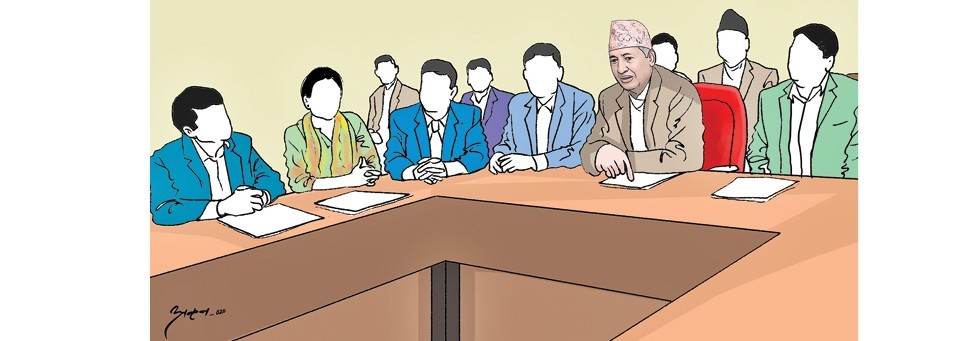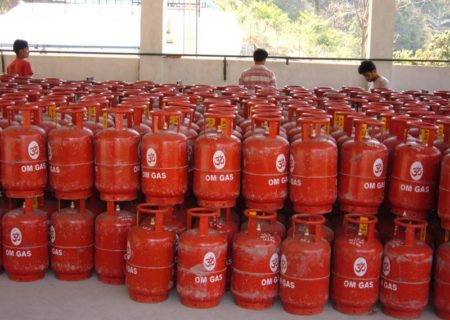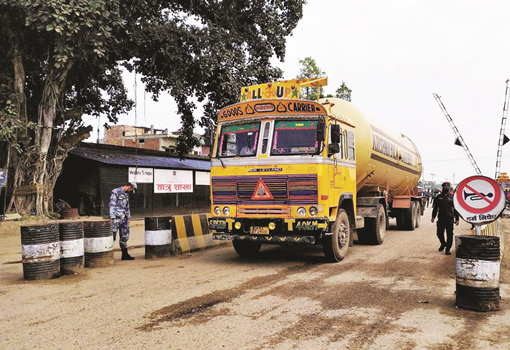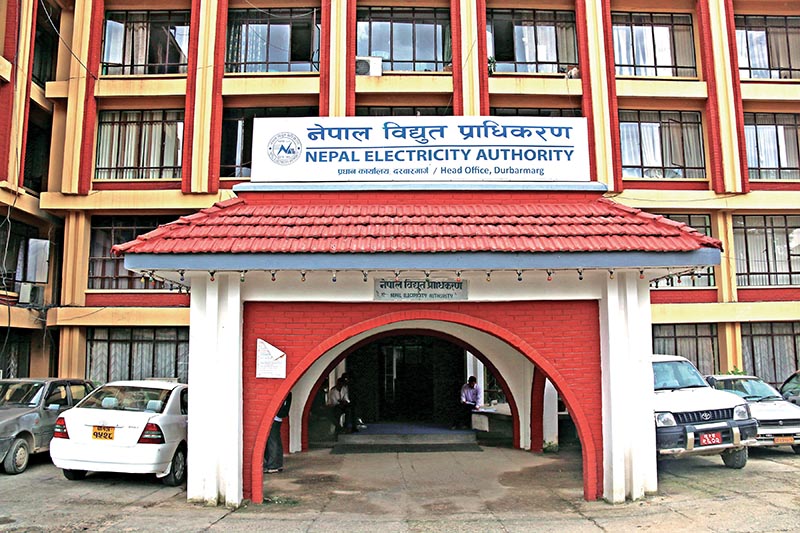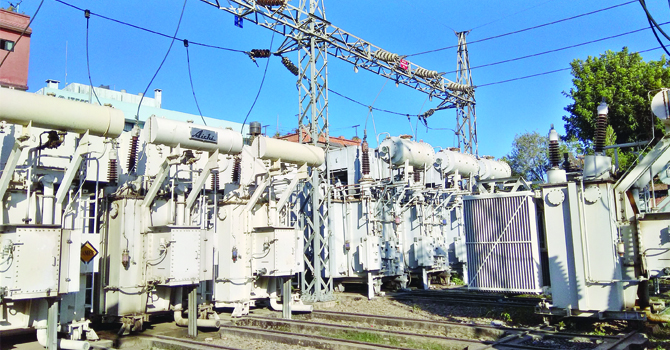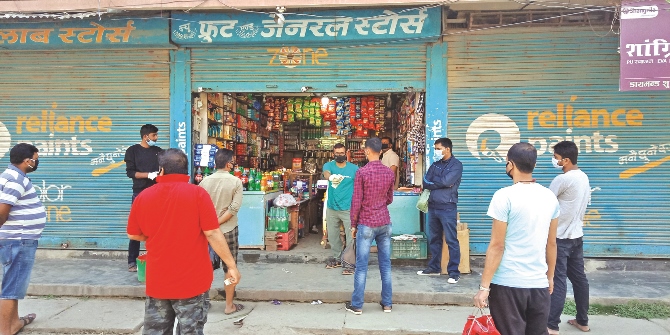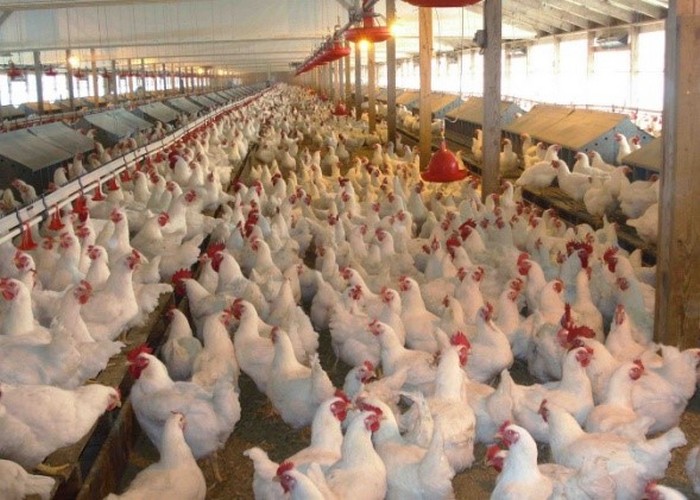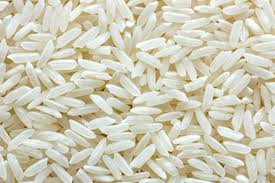Price hike of goods on eve of Dashain worries consumers
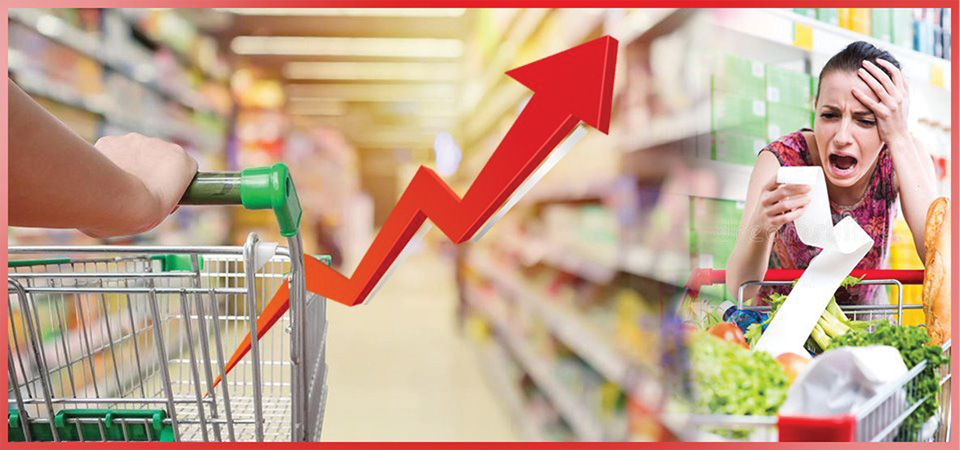
By Laxman Kafle
Kathmandu, Oct. 3: As Dashain and Tihar, the two big festivals of Nepali people, are approaching nearer, prices of essentials, including cooking oil, ghee, pulses, lentils and food grains have skyrocketed in the market.
According to Nepal Retailer Association, prices of daily essentials have increased by 5-10 per cent on average in the last two months.
Secretary of the Nepal Retailer Association Amul Kaju Tuladhar said that the prices of oil, pulses and lentils had increased significantly in the retail shops due to the monopoly of the wholesalers and the suppliers.
"Lately, the overall price rise is 5 to 10 per cent," he said. "However, the price of edible oil has gone up by Rs. 110 per litre in a year.”
“The claims of the wholesalers regarding the high prices of pulses and oil are not justified as there is no short supply of essential goods in the market at present. The wholesalers are trying to take advantage of festival season by hiking prices as the demands for goods increase during festival time,” he told The Rising Nepal.
He said that the importers and producers had hiked the prices, not the retailers citing increased import price as reason. The price of roasted mustard oil, which was Rs. 270 in September last year, has now reached Rs. 340 to 360 per liter.
Price of crude mustard oil has also increased from Rs. 180-200 per litre to Rs. 300 as well. The price of soybean oil has gone up to Rs 250-260 per litre and sunflower oil from Rs. 175-180 per litre to Rs. 250.
The price of red lentils (Muruso) has increased to Rs. 160 per kg from Rs. 110 kg in the year before. Similarly, the price of peas has almost doubled in a year. A kg of peas costs Rs. 140 at present while it was Rs. 70-80 a year ago.
Moreover, the price of rice has increased by Rs. 1-2 per kilogram in a week. The price of rice, however, will decline after the arrival of new paddy in the market.
The price of spices has not increased for a year, Tuladhar said. However, price of sugar has gone up to Rs. 95 per kg in the retail shops.
The price of sugar has also increased significantly in the market over the weeks as the stock of sugar with Salt Trading Corporation is running out, he said.
Even the Dairy Development Corporation (DDC) has hiked the ghee price by Rs. 100 per kg.
The state-owned DDC has increased the consumer price of ghee on the eve of Dashain festival.
The consumer price of ready-made ghee, which was being sold at Rs. 900 per kg, has been increased to Rs. 1,000, said Sanjeev Jha, marketing chief of DDC.
He said that the new price hike has come into effect since September 17.
Jha said that the Corporation has adjusted price of ghee after the input costs increased by 30-35 per cent in last two years. It had not adjusted price of ghee for the last two years.
“We have to adjust price of all products of DDC. But we have only adjusted the price of ghee. It is the compulsion of the DDC to adjust the price,” he said.
The Corporation has been offering discount of Rs. 50 per kg in its ghee from its outlets and other fair price shops run by the Food Management and Trading Company and Salt Trading Corporation, he said.
Consumer activists have objected to increase in the price of ghee by the DDC on the eve of Dashain festival.
“The state-owned public enterprise has increased price of ghee during festival which only encourages private traders to hike prices,” said Madhav Timalsina, President of Consumer Rights Investigation Forum.
He demanded immediate reversal of the price hike saying that it was inappropriate to increase the price at a time when reliefs should be provided to the consumers.
He also said that market monitoring by the government authorities was not effective.
Weak management of the state-owned public enterprises such as the Food Management and Trading Company Limited and Salt Trading Corporation has encouraged the private sector traders to resort to hiking the prices of goods.
The public enterprises need to open more fair-price shops across the nation in order to stop the traders from cheating the consumers, he said.
"If the government intervenes in the market, private traders will be discouraged to cheat the consumers. A strong and well-equipped market monitoring body should be in place so as to supervise the market and deal with all anomalies more effectively,” he said.
The government should fix the minimum retail price of essential goods and strictly direct traders to display the price lists to control artificial price hikes, he said.
The local governments have a vital role to play to ensure the rights of people by monitoring the market on a regular basis.
Recent News

Do not make expressions casting dout on election: EC
14 Apr, 2022
CM Bhatta says may New Year 2079 BS inspire positive thinking
14 Apr, 2022
Three new cases, 44 recoveries in 24 hours
14 Apr, 2022
689 climbers of 84 teams so far acquire permits for climbing various peaks this spring season
14 Apr, 2022
How the rising cost of living crisis is impacting Nepal
14 Apr, 2022
US military confirms an interstellar meteor collided with Earth
14 Apr, 2022
Valneva Covid vaccine approved for use in UK
14 Apr, 2022
Chair Prachanda highlights need of unity among Maoist, Communist forces
14 Apr, 2022
Ranbir Kapoor and Alia Bhatt: Bollywood toasts star couple on wedding
14 Apr, 2022
President Bhandari confers decorations (Photo Feature)
14 Apr, 2022


